UN GA voting outcome uncertain, says Tadić
President Boris Tadić said late on Wednesday that the outcome of Serbia’s ICJ initiative before the UN General Assembly is still uncertain.
Thursday, 25.09.2008.
10:27

President Boris Tadic said late on Wednesday that the outcome of Serbia’s ICJ initiative before the UN General Assembly is still uncertain. Tadic said that he and Foreign Minister Vuk Jeremic are working on convincing international officials to support the initiative through bilateral discussions. UN GA voting outcome uncertain, says Tadic He also pointed out that Serbia’s intention is not to destabilize the region, but to take the problem from politics into a legal forum. “In peace, in a rational way, we want to find a solution of compromise. Our intention in not to repeat the aggression or confrontations with the world, but to use a different methodology in politics which is not usually seen in the Balkans, and I think that that is why our initiative deserves to be supported,” Tadic said. Tadic is in New York, presenting Serbia’s initiative to ask the International Court of Justice its opinion on the legality of Kosovo’s unilaterally proclaimed independence to the 63rd session of the UN General Assembly. The president also met with his U.S. counterpart George Bush yesterday, but did not speak in detail of their encounter. He only told reporters that the differences over Kosovo have been heard again. But, after his meeting with Russian Foreign Minister Sergei Lavrov, Tadic said that Belgrade has Moscow's "absolute support" for the ICJ resolution. Besides voting in favor when the document is brought before the assembly in October, Russia will, according to Tadic, influence a number of other countries to support the initiative as well. No dissonant formulation, the president said, was heard during his conversation with Lavrov, and expressed his satisfaction with its "contents and efficiency". Tadic also said that, while talking to Lavrov, he determined the “red lines” which Serbia would not cross when the future status of Kosovo was in question, adding that Russia’s stance is that whatever is acceptable for Serbia is acceptable for Moscow. Both agreed that the reconfiguration of the civil mission in Kosovo must pass through the UN structure and that there must be no implementation of the Ahtisaari plan, while the mission must remain status neutral. Asked whether the situation in the Caucasus had an effect on Moscow’s stance regarding Kosovo, Tadic gave a negative answer, stating that he received a very convincing explanation from Russia’s UN envoy, which he did not discuss in detail, but added that it was extremely important to Serbia. Tadic said that there are no changes in Russia’s stance regarding the solving of the question of Kosovo’s future status.
UN GA voting outcome uncertain, says Tadić
He also pointed out that Serbia’s intention is not to destabilize the region, but to take the problem from politics into a legal forum.“In peace, in a rational way, we want to find a solution of compromise. Our intention in not to repeat the aggression or confrontations with the world, but to use a different methodology in politics which is not usually seen in the Balkans, and I think that that is why our initiative deserves to be supported,” Tadić said.
Tadić is in New York, presenting Serbia’s initiative to ask the International Court of Justice its opinion on the legality of Kosovo’s unilaterally proclaimed independence to the 63rd session of the UN General Assembly.
The president also met with his U.S. counterpart George Bush yesterday, but did not speak in detail of their encounter. He only told reporters that the differences over Kosovo have been heard again.
But, after his meeting with Russian Foreign Minister Sergei Lavrov, Tadić said that Belgrade has Moscow's "absolute support" for the ICJ resolution. Besides voting in favor when the document is brought before the assembly in October, Russia will, according to Tadić, influence a number of other countries to support the initiative as well.
No dissonant formulation, the president said, was heard during his conversation with Lavrov, and expressed his satisfaction with its "contents and efficiency".
Tadić also said that, while talking to Lavrov, he determined the “red lines” which Serbia would not cross when the future status of Kosovo was in question, adding that Russia’s stance is that whatever is acceptable for Serbia is acceptable for Moscow.
Both agreed that the reconfiguration of the civil mission in Kosovo must pass through the UN structure and that there must be no implementation of the Ahtisaari plan, while the mission must remain status neutral.
Asked whether the situation in the Caucasus had an effect on Moscow’s stance regarding Kosovo, Tadić gave a negative answer, stating that he received a very convincing explanation from Russia’s UN envoy, which he did not discuss in detail, but added that it was extremely important to Serbia.
Tadić said that there are no changes in Russia’s stance regarding the solving of the question of Kosovo’s future status.















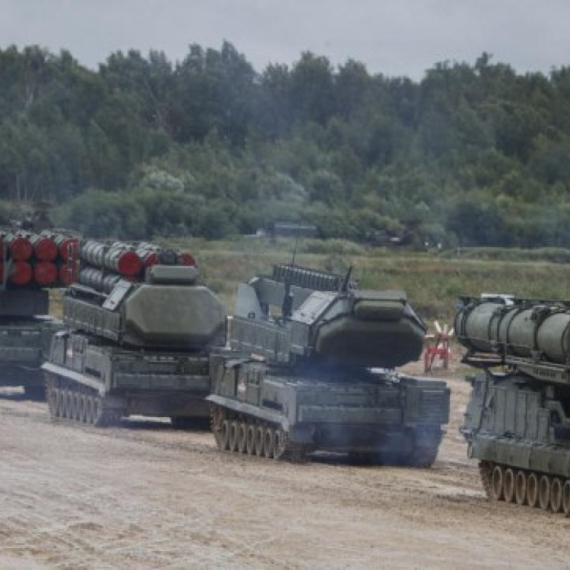
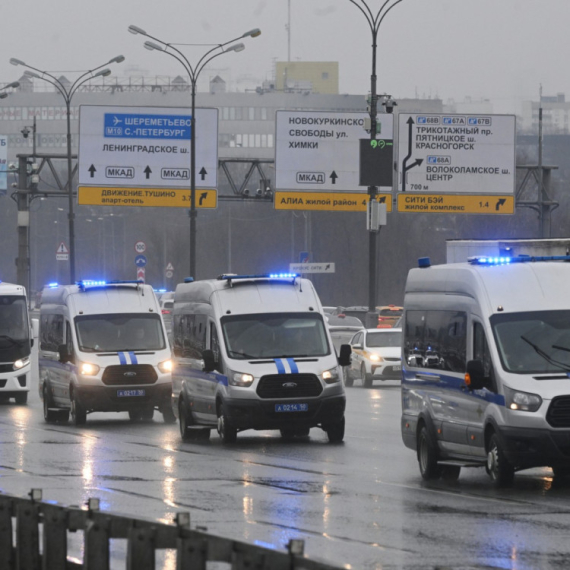
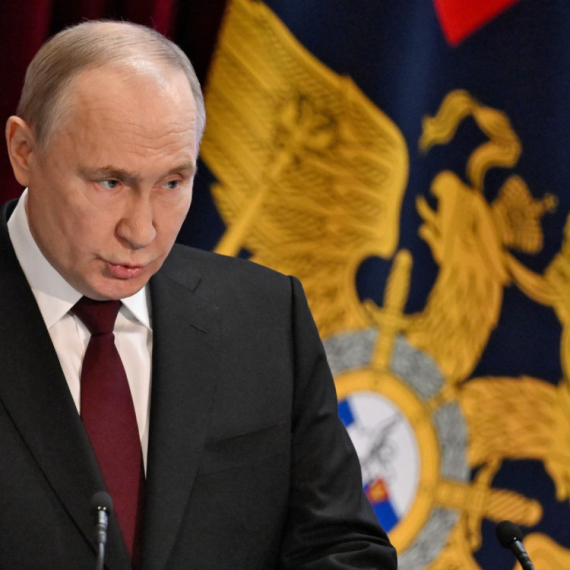
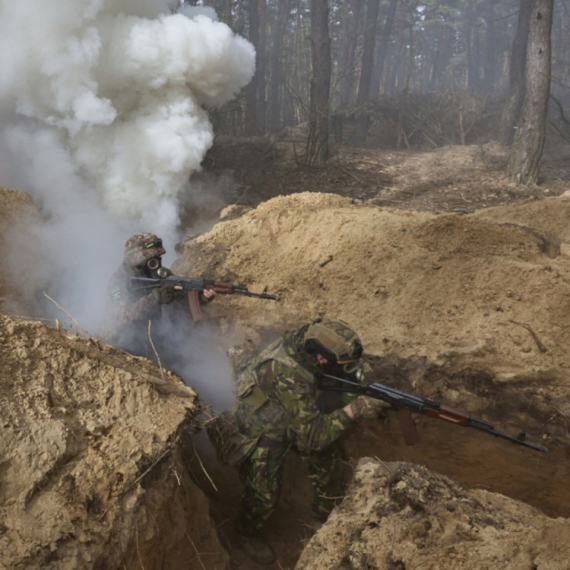
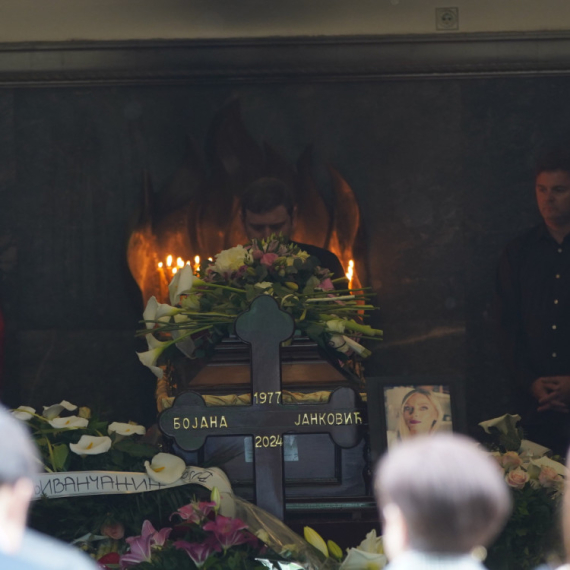
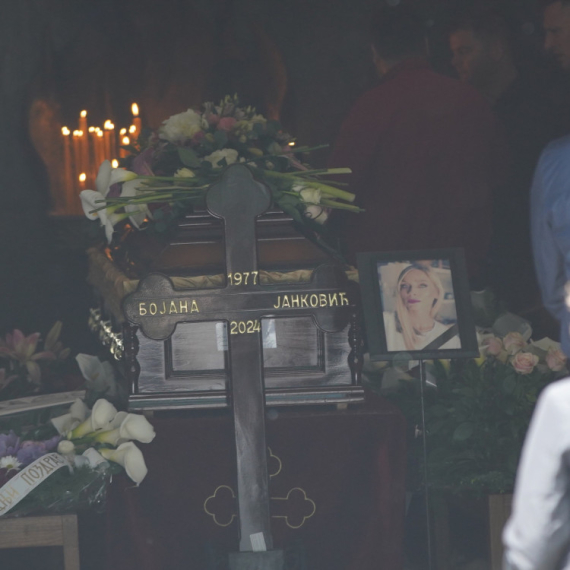
























Komentari 33
Pogledaj komentare